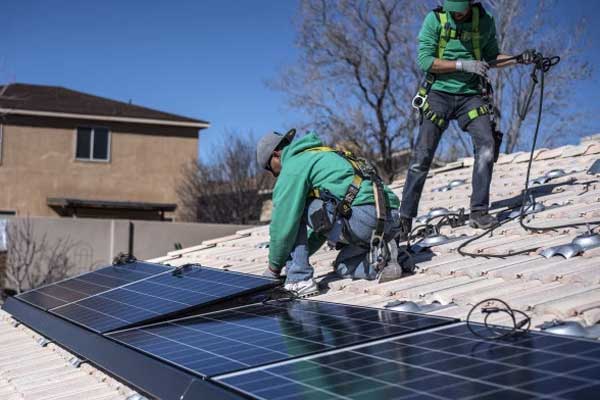NISKU, ALBERTA, June 28, 2019 — By supporting communities, we can create a healthier environment, new economic opportunities, and a more sustainable future. This is why the Government of Canada is committed to ensuring the transition to a low-carbon economy is fair for workers and communities.
The Honourable Amarjeet Sohi, Minister of Natural Resources and Member of Parliament for Edmonton Mill Woods, on behalf of the Honourable Navdeep Bains, Minister of Innovation, Science and Economic Development and Minister responsible for Western Economic Diversification Canada, announced funding of $4,489,100 through the Canada Coal Transition Initiative (CCTI) for four organizations in Alberta and five in Saskatchewan.
“As we build a clean energy future, our government is committed to leaving no worker and no family behind,” said Amarjeet Sohi, Minister of Natural Resources and Member of Parliament for Edmonton Mill Woods. “The projects announced today will support coal workers and their communities through skills development and economic diversification activities, creating new economic growth opportunities.”
This funding supports skills development and economic diversification activities to help communities in both provinces successfully transition to a clean growth economy. The CCTI announcement took place at the Community and Operations Centre in Nisku.
The challenge of climate change requires Canada to transition our economy and, in particular, our energy system to one that is more sustainable.
This is why, through Budget 2018, the Government of Canada committed $35 million over five years for skills development and economic diversification to support communities affected by the phase-out of coal-fired electricity.
In 2016, coal generated approximately 9 percent of electricity in Canada but was responsible for 72 percent of greenhouse gas emissions in the electricity sector. In February 2018, the Government of Canada announced amendments to regulations to phase out traditional coal-fired electricity generation by 2030.















Comments